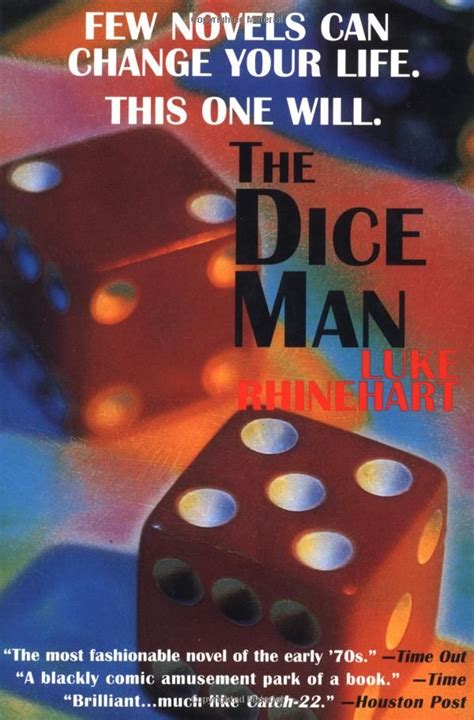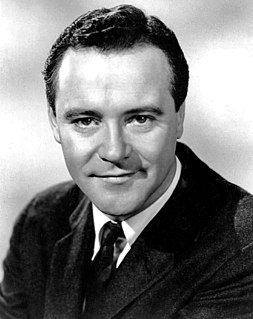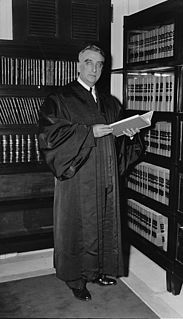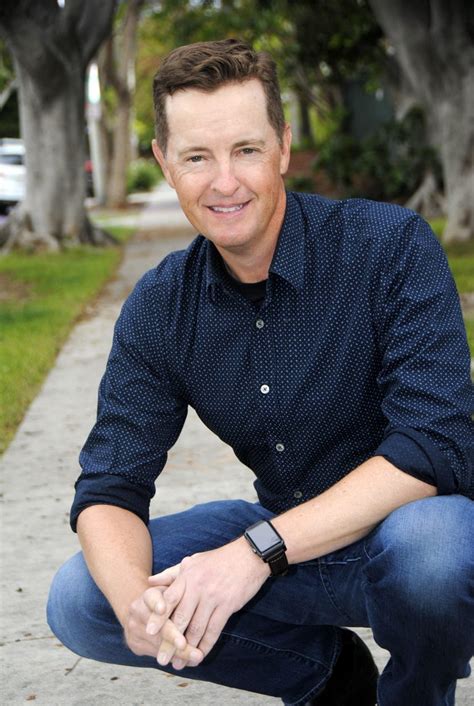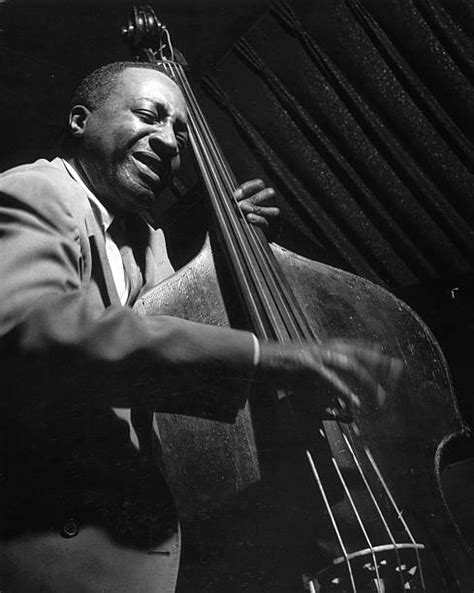A Quote by Luke Rhinehart
To change man, the audience by which he judges himself must be changed. A man is defined by his audience: by the people, institutions, authors, magazines, movie heroes, philosophers by whom he pictures himself being cheered and booed. Major psychological disturbances, 'identity crises', are caused when an individual begins to change the audience for whom he plays: from parents to peers; from peers to the works of Albert Camus; from the Bible to Hugh Hefner.
Related Quotes
One of man's important mistakes, one which must be remembered, is his illusion in regard to his I. Man such as we know him, the 'man-machine,' the man who cannot 'do,' and with whom and through whom everything 'happens,' cannot have a permanent and single I. His I changes as quickly as his thoughts, feelings and moods, and he makes a profound mistake in considering himself always one and the same person; in reality he is always a different person, not the one he was a moment ago.
When someone says "that resonates with me" what they are saying is "I agree with you" or "I align with you." Once your ideas resonate with an audience, they will change. But, the only way to have true resonance is to understand the ones with whom you are trying to resonate. You need to spend time thinking about your audience. What unites them, what incites them? Think about your audience and what's on their mind before you begin building your presentation. It will help you identify beliefs and behavior in your audience that you can connect with. Resonate with.
In the ardor of his enthusiasm, a youth set forth in quest of a man of whom he might take counsel as to his future, but after long search and many disappointments, he came near relinquishing the pursuit as hopeless, when suddenly it occurred to him that one must first be a man to find a man, and profiting by this suggestion, he set himself to the work of becoming himself the man he had been seeking so long and fruitlessly.
What history teaches us is that man does not change arbitrarily; he does not transform himself at will on hearing the voices of inspired prophets. The reason is that all change, in colliding with the inherited institutions of the past, is inevitably hard and laborious; consequently it only takes place in response to the demands of necessity. For change to be brought about it is not enough that it should be seen as desirable; it must be the product of changes within the whole network of diverse casual relationships which then determine the situation of man.
The things of the world are ever rising and falling, and in perpetual change; and this change must be according to the will of God, as He has bestowed upon man neither the wisdom nor the power to enable him to check it. The great lesson in these things is, that man must strengthen himself doubly at such times to fulfill his duty and to do what is right, and must seek his happiness and inward peace from objects which cannot be taken away from him.
A professional entertainer who allows himself to become known as a singer of folk songs is bound to have trouble with his conscience provided, of course, that he possesses one. As a performing artist, he will pride himself on timing and other techniques designed to keep the audience in his control ... his respect for genuine folklore reminds him that these changes, and these techniques, may give the audience a false picture of folk music.
